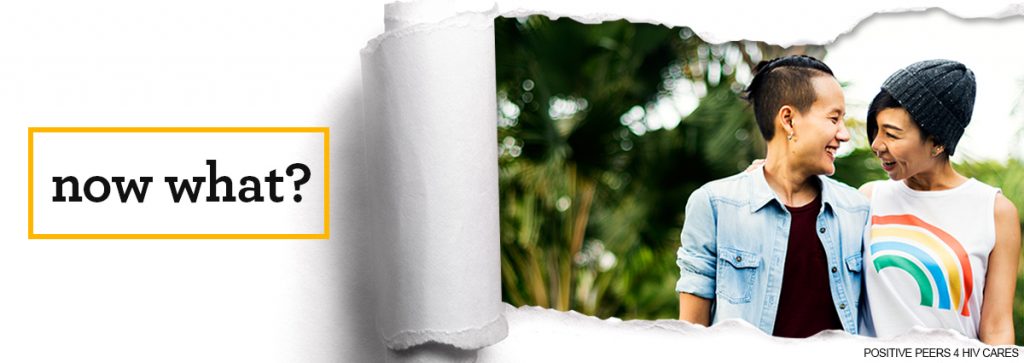
By: Jennifer McMillen Smith, LISW-S, HIV Social Worker at MetroHealth Medical Center and medically reviewed by Ann K. Avery, MD, Infectious Disease Physician at MetroHealth Medical Center
If it’s a burden to keep your sexual orientation or gender identity a secret, then coming out can feel like the biggest weight being lifted off your shoulders. It’s hard work to hide your authentic self. Life gets easier when you don’t need to keep pretending to be something you’re not.
At the same time, coming out doesn’t mean you won’t have any more struggles in the future when it comes to your sexual orientation or gender identity.
In a way, coming out is a lifelong journey. Even when you’ve come out to all your friends and your family, there are still new people you’ll come in contact with and new friends that you’ll make over the years. Some people decide they want the whole world to know that they’re part of the LGBTQ community, and some are more private about their orientation and gender identity, being okay with just their close friends and family knowing.
When you come out to people in your life, it can help to remind yourself that your sexuality or gender identity does not define you. It’s an important part of what it means to be you, but it’s not everything.
We encourage you to keep these ideas in mind as you travel your new road:
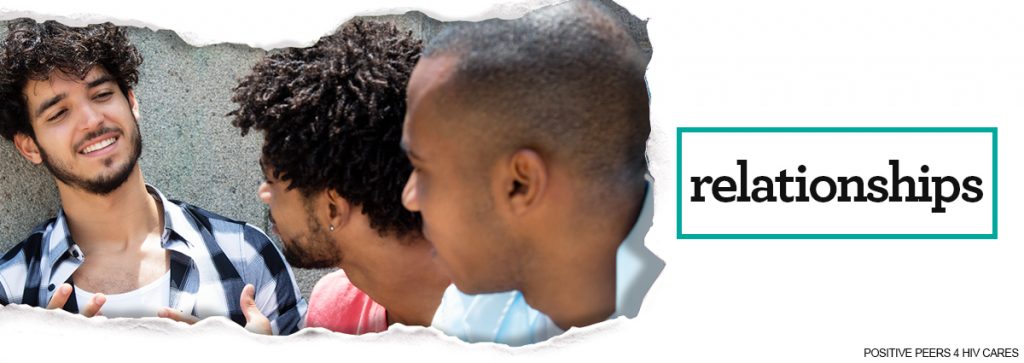
Relationships may change
As you probably know by now, coming out sort of draws a line in the sand of those who love and accept you and those who don’t. There’s bound to be people on both sides of that line, but the important thing is that you’re living in a way that’s true to who you are.
Everybody has to make their own way in the world. If people decide they don’t want to be around you anymore, that’s on them. It’s not your fault. Best to let them go their own way.
Some people react badly first but end up coming around once they get used to the idea. Try not to write somebody off forever just because they need some time to process what you told them. Remember, didn’t it take you some time to accept your own identity before you came out? It’s a good idea to give them some space if they need it.
But you do not have to put up with any abuse, negativity, bullying, shunning, or other obnoxious behavior. Avoid negative people if possible, and get help if you need it. The people who matter the most will be glad to point you in the right direction if you ask for support.
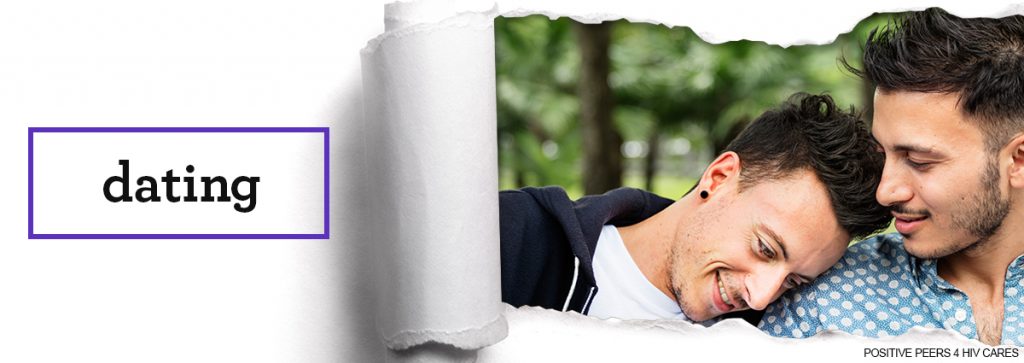
Dating is still messy
Sorry — dating can be complicated for everybody. Coming out doesn’t change that.
It’s true that you’re finally free to date anybody you choose, but it’ll always be a challenge to find somebody who is a good fit for you, and vice versa. Give yourself time to adapt to the new dating world, you don’t have to dive in headfirst right now to make up for lost time. You have your whole life ahead of you.
It may be worthwhile to spend some time creating dating goals. What kinds of people do you enjoy being with? Which ones turn you off? Do you want somebody like you, or do you believe that opposites attract? What are you afraid of? How can you overcome your fears?
Once you have your goals, start making a plan to act on them. Sometimes you find love, and sometimes love finds you. Keep your options open.
Come join our private, stigma-free, supportive community.
Health management tools with medication & appointment reminders.
Social networking in a community conversation & private chats.
Coming out can help other people
Once you’ve figured out how to make sense of the world after you’re out, you can offer your experience to guide other people — family, friends, co-workers, people you meet on volunteer projects.
Once you’re out, you may find that other people who are struggling to come out or accept their identity approach you and ask you for advice. Remember how it was before you decided to come out. Did somebody help you out? Then, how about paying it forward for somebody else?
Being kind and helpful encourages people to do the same.
Some people decide to get involved in LGBTQ advocacy and similar efforts after they come out. Sharing coming out experiences can help other people who are struggling, and to make life easier for LGBTQ people in the area. It also reminds them, and you, that you’re not alone.
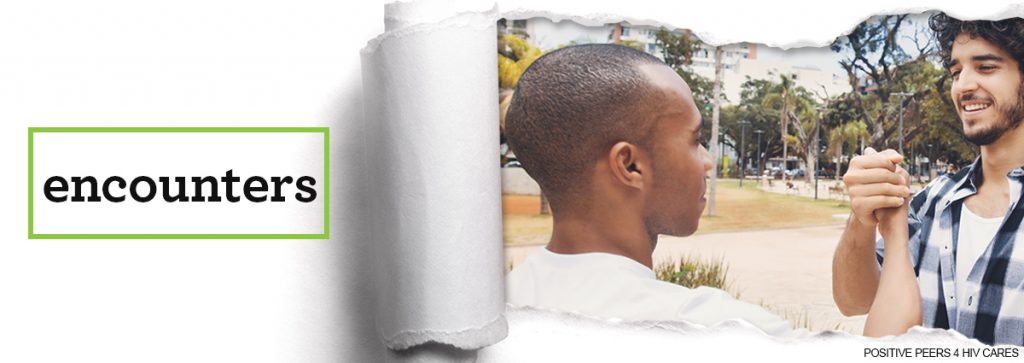
You’ll always be coming out
Throughout your life, you’ll keep meeting people who are unaware of your sexuality or gender identity. And at some point, you might feel like outing yourself to them, or you might not. There’s no right answer.
Each of these encounters provides new lessons you can add to your collective wisdom and pass along to others who can learn from it.
You may even want to start keeping a journal of your coming-out experiences. Sometimes you learn more about yourself by putting your experience into words.
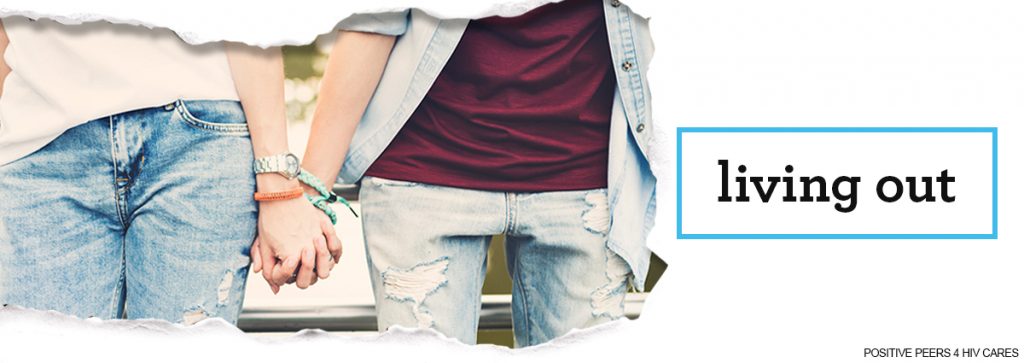
There’s no right or wrong way to be out
Coming out — and living out — is a learning process. That means what works for you might not work for somebody else.
The biggest surprise from coming out might be how little your life changes when you’re open about your sexual or gender identity — you’re still the same you, only the weight of needing to hide who you are is lifted from your shoulders.
Related Blogs:


